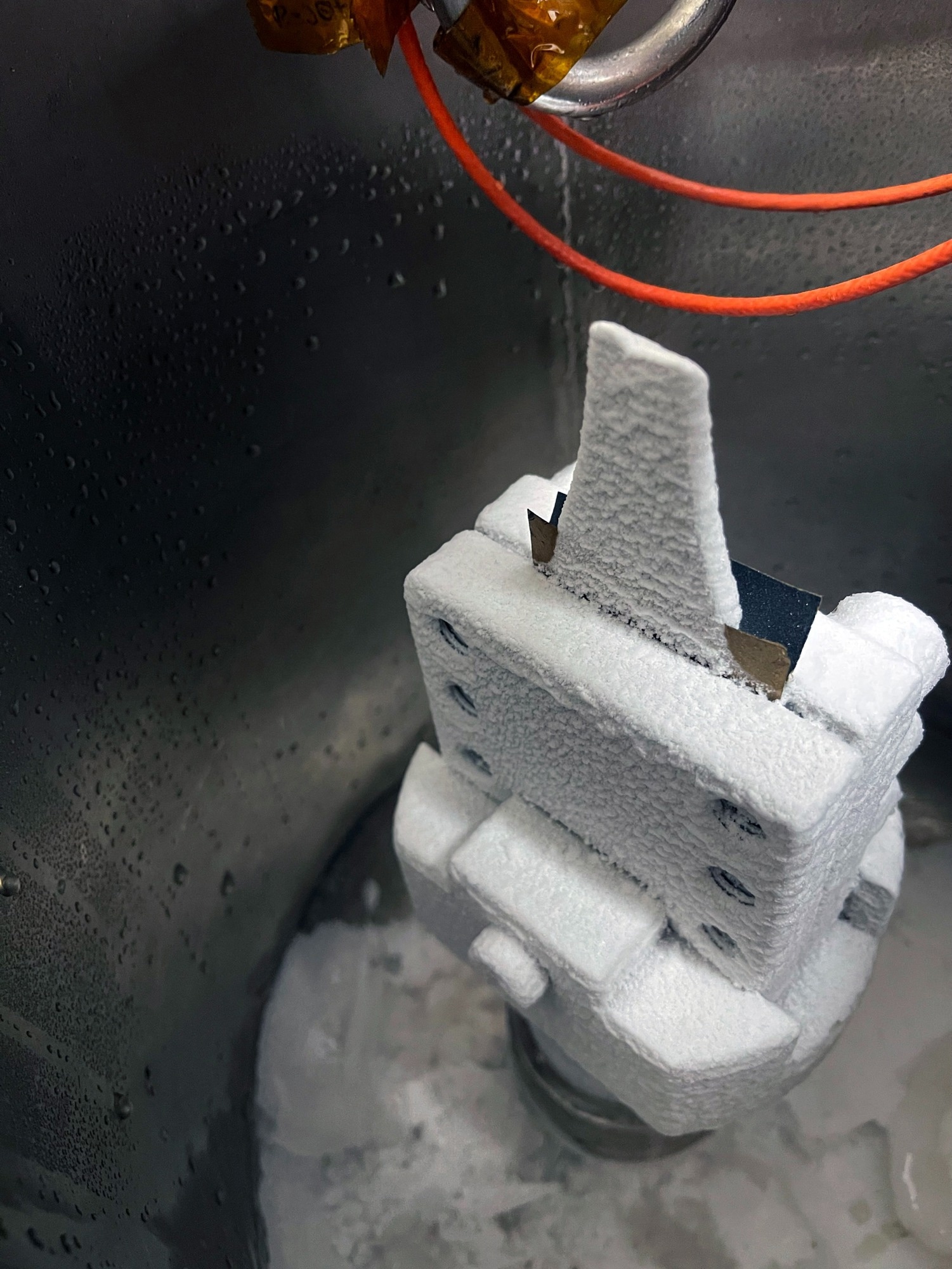Element Materials Technology (Element) has expanded its cryogenic testing capabilities with new fatigue testing frames at its laboratory in Milan, Italy to determine the mechanical properties of materials under cryogenic conditions.

Image Credit: Element Materials Technology (Element)
The investment will expand Element’s role in the energy transition through offering testing for hydrogen (H2) industry applications. The new cryogenic testing frames will include a specialized gas control system and will support the growth in demand from existing clients in leading energy and aerospace businesses. Capable of testing to 4 kelvins in liquid helium and 77 kelvins in nitrogen environment, this responds to rapid growth in demand for low and very low temperature mechanical testing.
As a market leader of material testing in environmental conditions, Element works with global energy and aerospace businesses, providing fast turnaround times and excellence within the market. The optimized equipment and gas control system will allow significant cost reduction, particularly in helium consumption and will further strengthen Element’s technical reputation in the sector.
Mark Heaven, Vice President of Aerospace and Connected Technologies in Europe, comments: “Rigorous testing of energy and aerospace products and materials is essential in ensuring the safety of components and structures. Element remains at the forefront of testing for these vital sectors and responds to customer demand and technological advancement to maintain our competitive edge. By expanding these services in Milan we can now offer customers a faster turnaround time using the latest cryogenic testing technologies.
“This investment is part of Element’s plan to expand our offering and support our customers as they require testing to the very highest standards as they bring products to market.”
Element has a recognised reputation within the energy and aerospace sector after years of service to clients. Element Milan was qualified by Thales Space in 2011, is on the European Space Agency distribution list, is a supplier of F4E and in 2018 was invited to make an intervention at the University Politecnico of Turin about tests in liquid helium.